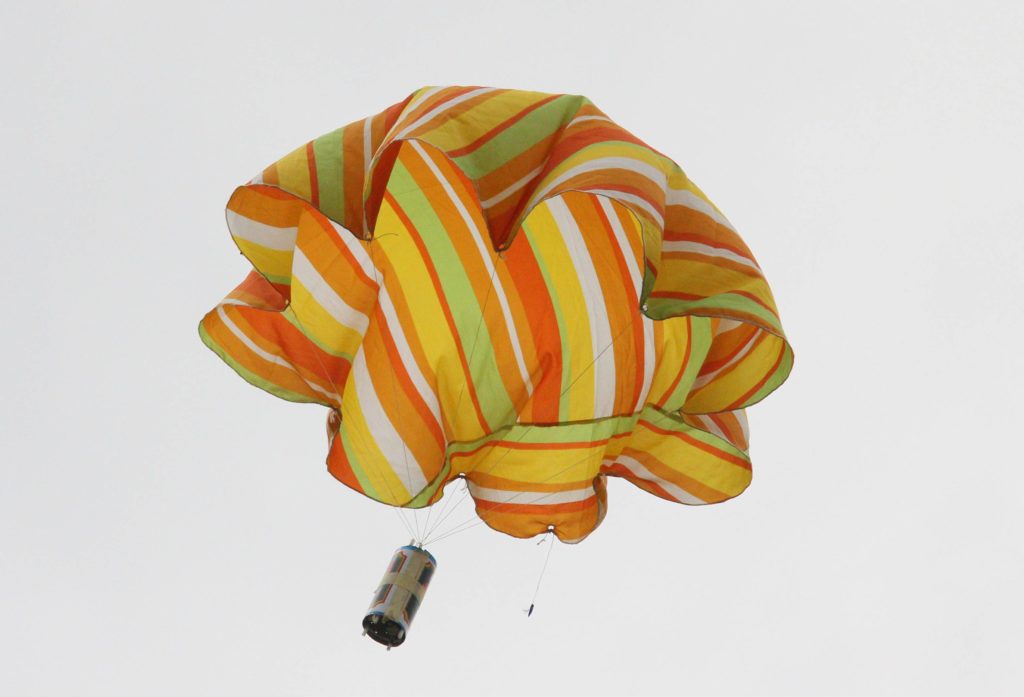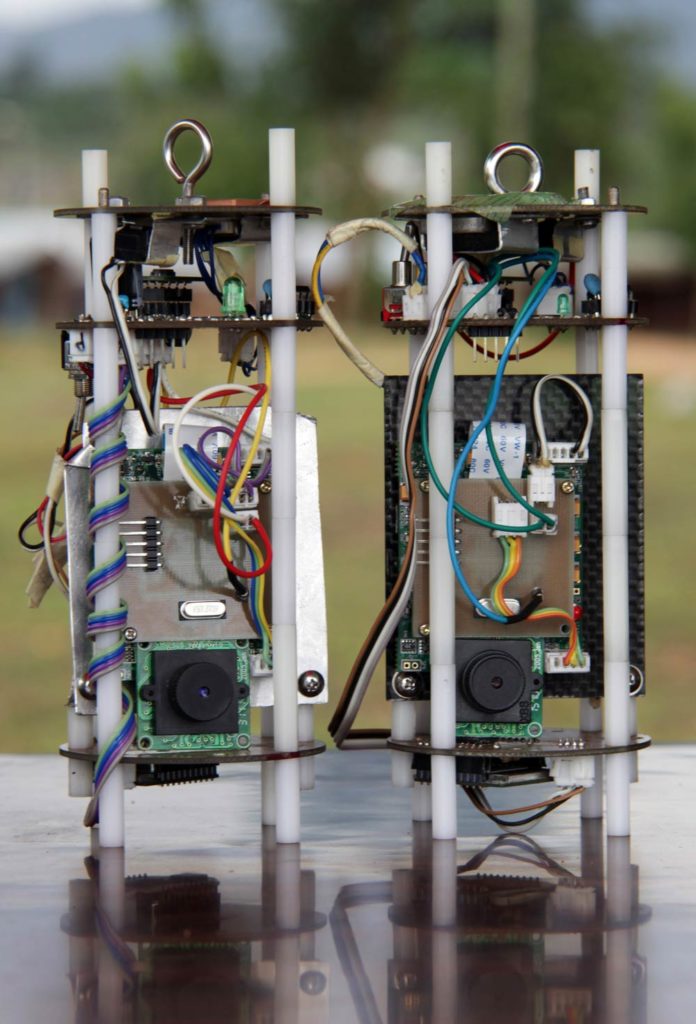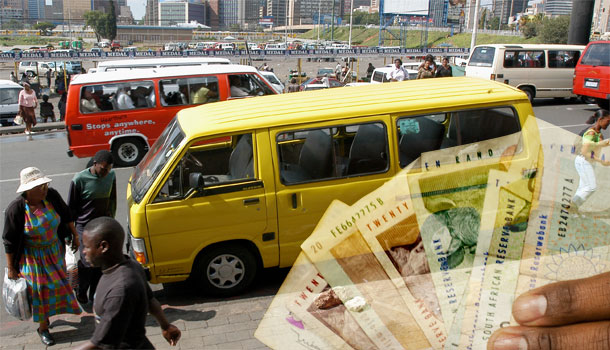Nigeria’s 21-year-old film industry is considered the second largest in the world; a profitable movie-making machine that churns out about 1000 films annually. Nollywood movies enjoy a wide audience outside the continent. This month, seven feature-length films will be screened at the annual NollywoodWeek in Paris. The film festival runs from May 30 to June 2 at L’Arlequin Theatre. Here’s the line-up:
Phone Swap by Kunle Afolayan
Akin and Mary bump into each other at an airport and mistakenly swap phones, which results in a hilarious travel mix-up. Akin ends up at Mary’s destination (a family meeting) and Mary at Akin’s (a business meeting). After they realise the huge mix-up, they agree to help each other with their “new” missions using the data on their phones.
Maami by Tunde Kelani
International football star Kashimayo returns to his home country Nigeria to prepare for the 2010 World Cup. Through dreams and flashbacks, he relives his childhood: being raised by his brave but poverty-stricken single mother whom he shared an unbreakable bond with until he tries to reconnect with his father, a man with a terrible secret. Described as “a masterpiece of popular cinema” this film pulls at heartstrings and explores themes of love, melodrama, corruption and witchcraft.
Inalé by Jeta Amata & Keke Bongos
This musical tells the story of the Princess of Otukpo, Inale, and Ode who are deeply in love. Tradition dictates he must compete against other ‘suitors’ to win her hand in marriage. Ode wins these physical contests until a masked stranger arrives, putting the couple’s love to the test and exposing communal tension and conflict.
Tango with Me by Mahmood Ali-Balogun
Lola and Uzo are the perfect married couple but their lives are turned upside down when their happiest days become their darkest. This award-winning film proves love conquers all.
Ijé by Chineze Anyaene
Anya is determined to chase her big dreams in Hollywood Hills but her younger sister Chioma warns her about the dark side of the American Dream. Years later, Anya is charged with killing three men, including her record-producer husband in her Hollywood mansion. Chioma travels to her sister’s side to help her, along with a young and disillusioned attorney, but cultural values collide and the notion of ‘truth’ is constantly questioned.
Man on Ground by Akin Omotoso
When Femi, a young Nigerian man, disappears while living as a refugee in South Africa, his brother Ade, a London broker, comes to Johannesburg to find him. A riot breaks out while he’s in the township and he has to take shelter with Femi’s employer. The film explores the brothers’ estranged and complicated relationship against a backdrop of xenophobic violence.
Last Flight to Abuja by Obi Emelonye
A flight from Lagos to Abuja goes horribly wrong when the plane teeters on the brink of disaster and passengers’ lives flash before their eyes. As the pilot fights to prevent a tragedy, the passengers on board reflect on how they came to be on that fateful flight. Will they survive?
Sources: IMDb, OkayAfrica




